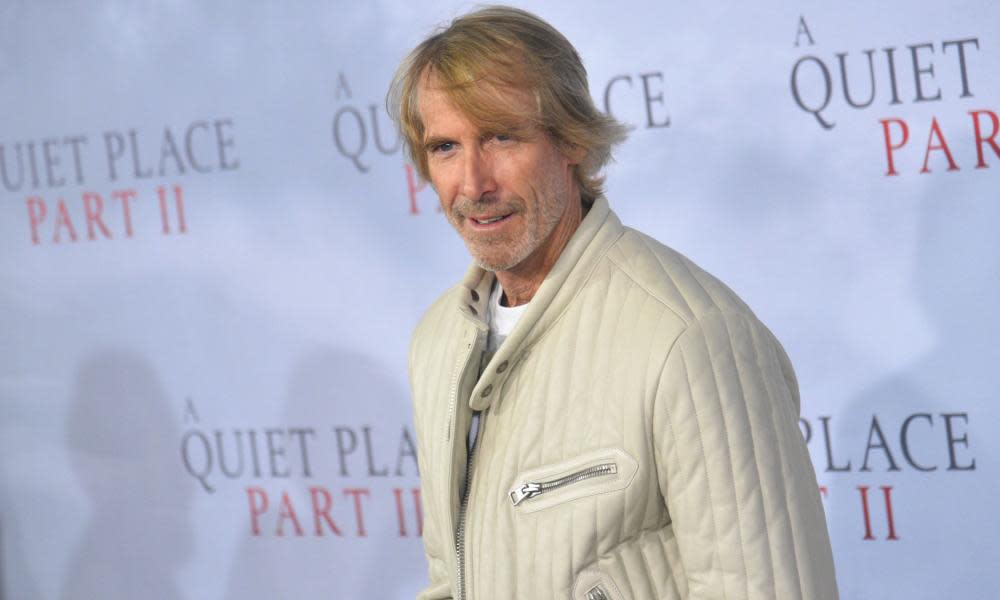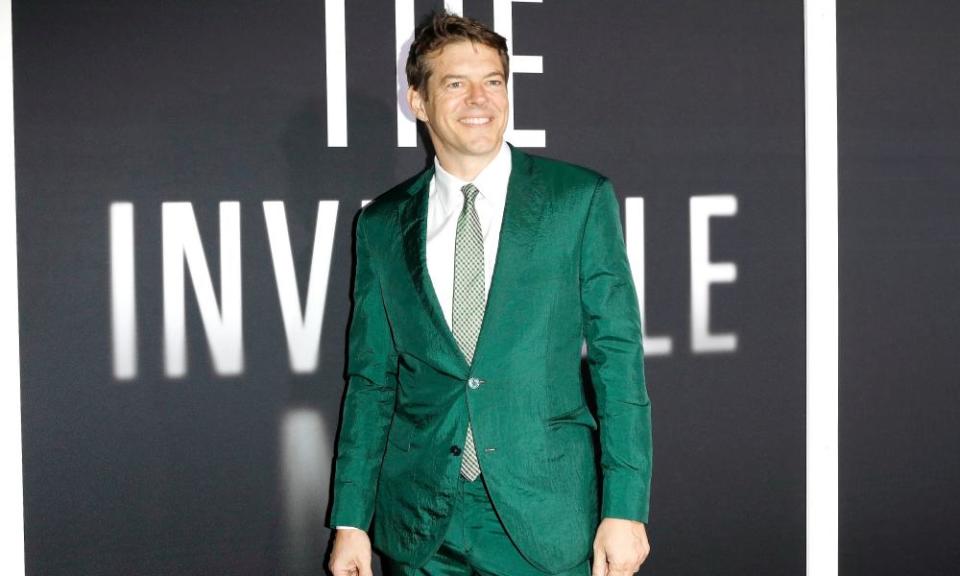Corona-sploitation: is it too soon for Hollywood to make Covid-19 movies?

Back in the heady days of 2006, a minor controversy broke out upon the release of United 93, a film recreating the events of 9/11 with a documentary-style realism some found premature or just plain distasteful. The wounds were still too fresh, some argued. Turning a national tragedy into something a person can pay $12 to watch while shoveling popcorn down their gullet struck detractors as perverse, though critics spilled a goodly amount of e-ink debating the actual merits of the work itself. The conversation trafficked in shades of grey, but it posed a clear question: when is it appropriate to start dramatizing an intimately terrible chapter of recent history?
Related: Corona Zombies: the terrible movie we might just need right now
If the parties at the vanguard of the emerging coronasploitation cinema genre called the shots regarding the timeline on our collective creative processing of 9/11, pre-production would have launched between the fall of the first and second towers. It would appear that any trepidation about being too soon has been supplanted by a fear of being too late.
Five years separated the United States’ last generation-defining catastrophe and its first Hollywood treatment, and yet hardly five seconds could elapse before the film industry went to work on The Great American Coronavirus Movie. No fewer than a half-dozen projects in various stages of development are already endeavoring to capture the chaos, the uncertainty, the sadness, and the hope for an America in need of inspiring. Though of course, that’s the most generous assessment – one can surmise that the minds behind Corona Zombies didn’t set out to heal the soul of a nation.
That film, slapped together in record time by redubbing footage from an old Italian grindhouse flick and splicing it with news broadcasts for timeliness, represents the bottom of this particular barrel. The reek of cashing-in emanates most strongly from those productions wholeheartedly embracing their B-movie origins, such as the “The Ultimate Lockdown Film” 19 Covid Lane, a winking ripoff of 10 Cloverfield Lane in concept and design.
A limited handful have exploited the potential for pressure-chamber suspense inherent in a world under lockdown, all of them hasty and cheap. Several virally-tinged concepts have been rumored to be up for sale at the virtual marketplace accompanying the not-taking-place Cannes film festival. A bare-bones IMDb page credits “Sergey A” as the director, writer, and star of Coronavirus. The movie [sic], with a budget listed as an estimated 10 Russian rubles, or about $0.14 in American currency. The New York Times conferred a bit more legitimacy on Mostafa Keshvari’s 63-minute feature simply titled Corona with a feature piece detailing the thriller trapping a Chinese woman and a neo-Nazi in an elevator. The article ominously concludes, “As for Keshvari’s cast and his crew of 25, he said, so far they are well.”
Though Keshvari rushed through a three-day shoot before social distancing protocols ramped up, the bigger treatments still to come will have to contend with harsher restrictions. It’s been announced that Sliding Doors director Peter Howitt will tackle the pandemic as an Irwin Allen-style ensemble piece, tracking seven lives across Los Angeles over the course of 60 days. The Deadline exclusive breaking the news mentions that the producers are “eyeing” a launch of principal photography in September 2020, by which time they’re presumably banking that things will have returned to relative normalcy. Whether that’s an unduly optimistic start date will be determined in time, but even if that’s how the chips fall, it won’t be business as usual by any means.
Michael Bay and the other producers behind the gestating Songbird plan on forging ahead, viral threat be damned. A report last week on Deadline detailed a schedule that has shooting commencing in five weeks’ time, employing novel means to make working on the streets of Los Angeles safe for the actors and crew. While the article refrains from specifying how that could possibly work, there’s mention of “remote training” for actors. More importantly, the guilds responsible for looking after the well-being of performers and craftspeople have all given the okay for these mystery methods. While a half-dozen issues immediately come to mind – how unmasked actors can share screen time, maintenance of proper distance for crew during takes, getting everyone fed when the craft services table provides a breeding ground for germs – some industry insiders are busying themselves figuring it all out.

The most eyebrow-raising notice comes from the horror factory Blumhouse, where the top brass have been devising a new approach to working on a studio lot. They’re full steam ahead on a $6.5m genre picture to be shot on Universal’s sound stages, with a “set of safety protocols” in place. The specifics include an end to the craft services table, and more notably, putting up all of the cast and crew in a single hotel to contain the flow of contagions. A quote from a source at Universal makes clear that “Blumhouse and Universal aren’t moving forward with any plans until we get the green light from city, county and public-health officials.” However, the risk remains so great that no insurance company will agree to cover the production. If disaster strikes – as it did not so long ago, when Paul Walker died while working on Universal’s Furious 7 – Blumhouse and Universal will be left with a massive financial liability.
Whether new laws change that much will number among the deciding factors in the evolution of a post-viral industry. That article from the Hollywood Reporter delves into the legal muck of this sticky situation, theorizing that Democrats in Congress will push new legislation requiring insurers to offer virus policies. That will be a long and arduous fight, however, with insurance corporations expected to push back as hard as possible on a mandate they see as setting them up for failure. Even if the film industry isn’t following its own example of post-9/11 delicacy, they’re hoping those chaotic days can still provide a precedent today in Washington; following much debate and acrimony, the Terrorism Risk Insurance Act was passed in 2002 to force insurers to cover the eventuality of terrorist attacks.
But there’s a disparity between the crisis that opened the millennium and the crisis unfolding now, a factor making them comparable and yet different enough that there would be no waiting period for Covid cinema. The vast majority of Americans related only symbolically to the destruction of the World Trade Center and the Pentagon, a broadside against America that we all were supposed to fight as vicarious patriots. Everyone feels a sense of ownership over the coronavirus quagmire, because it has affected every single citizen’s life in an immediate, perceptible way. This has freed up Hollywood (and the wannabes lurking around its fringes) to claim these stories as their own for the telling. But that ubiquity is a double-edged sword. If we all share in custody of the story’s drama, we all share its hazards as well. Any film-maker hoping to capitalize on the fact that we’ve all been touched by the virus must also accept that that leaves the possibility of having been literally touched by the virus.

